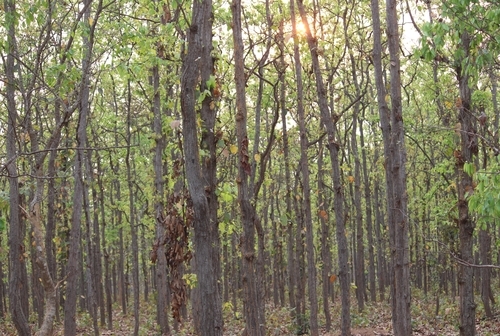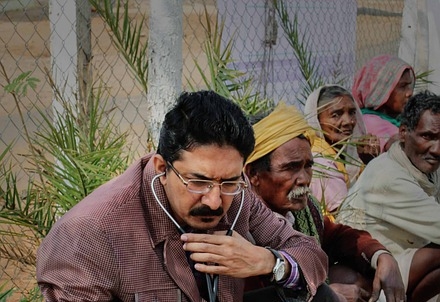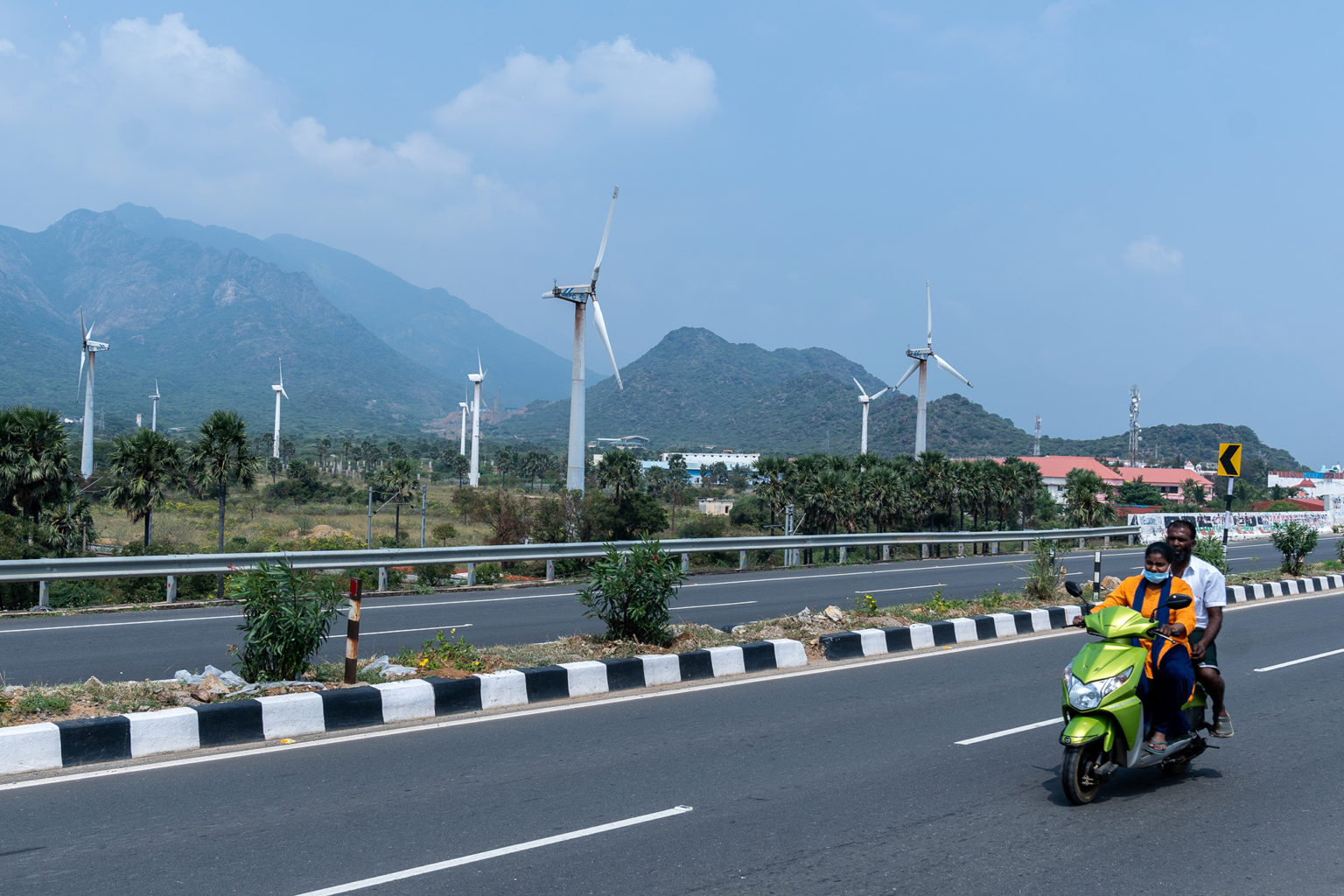Welcome to another edition of India Together's radio programs. Flavia Agnes is a practising lawyer in the Mumbai High Court and a co-founder of MAJLIS, a Mumbai-based legal and cultural resource centre. She is well known as a pioneer of the women's movement in India and more specifically for her work on legal reforms. She is the author of several books; the most recent one is Women and the Law in India Omnibus (co-author) and has been published by the Oxford University Press in Jan 2004.
The 1980s saw the nation's women's movement making rapid strides. There was progress on rape and domestic violence laws and women's groups could take credit for bringing about much of the legal reform that happened during that period. And yet, the protection offered by our legal system for victims of rape and violence has not notably improved. Furthermore, the Gujarat riots of 2002 witnessed a massive outbreak of women's abuse with the state administration looking the other way.
Radio
India Together's radio programs feature talks, interviews and magazines. For our other radio programs, visit indiatogether.org/radio.
Interact on this topic
• What's feminism to you? ![]() Despite informed and organized women's groups pressing lawmakers to bring about reforms, why does this situation prevail for Indian women? Find out by listening to Flavia Agnes in this approximately one-hour talk. Agnes brings to listeners a hands-on perspective on the working (or the systematic failure of) of our rape laws, looking critically at the role of the women's movement that she herself helped pioneer.
Despite informed and organized women's groups pressing lawmakers to bring about reforms, why does this situation prevail for Indian women? Find out by listening to Flavia Agnes in this approximately one-hour talk. Agnes brings to listeners a hands-on perspective on the working (or the systematic failure of) of our rape laws, looking critically at the role of the women's movement that she herself helped pioneer.
Agnes also offers insights to the split in the women's movement that emerged in the 1990s due to the secularism crisis and the malaise that handicaps India's law enforcement system. She questions whether the women's movement has really been able to test the bounds set by Indian patriarchy. Significantly, Agnes discusses with her experiences and views on the communal and sexual violence against women in Gujarat in 2002, in the aftermath of which her organization and volunteer law students coordinated relief and legal work.
A striking feature of this talk is that Agnes attempts to connect the dots between the framing of India's rape and sexual violence laws and the eventual breakdown of Gujarat's state machinery in 2002. She does so in an illuminating manner, and concludes with her views on the current status of women's rights in India and the challenges before the women's movement.
























